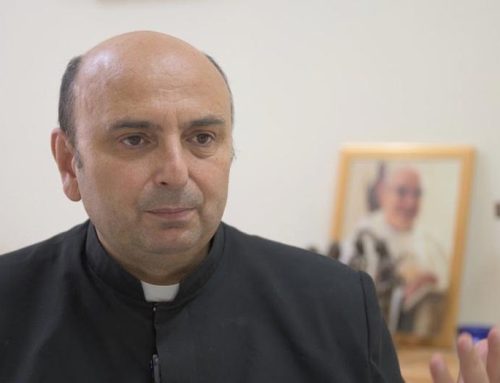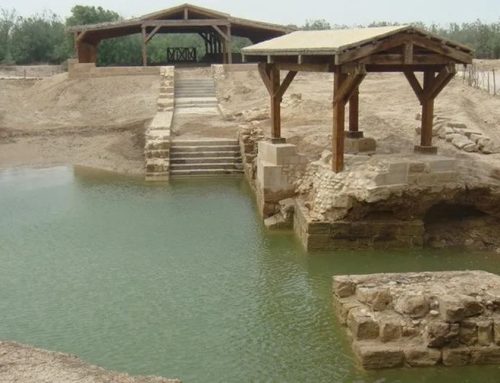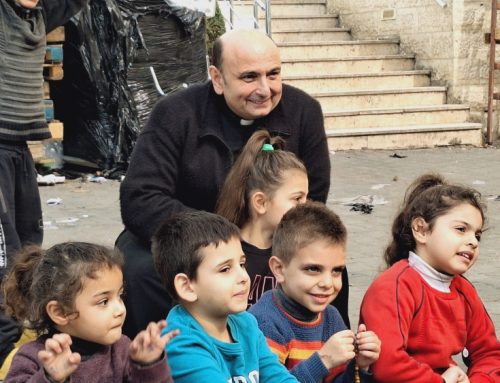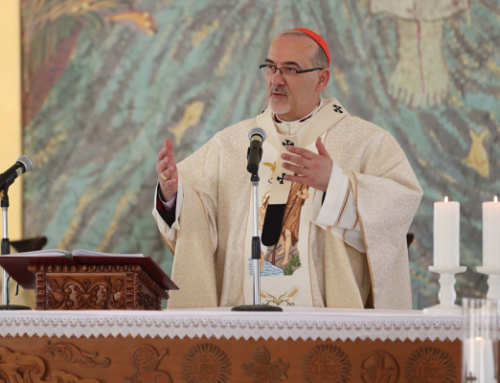WCC
Next year’s Week of Prayer for Christian Unity will be grounded in the experience of the churches in Jerusalem. Resources in four languages have already been made available on the website of the World Council of Churches (WCC).
The theme – “One in the apostles’ teaching, fellowship, breaking of bread and prayer” – was chosen by a group of Christian leaders from Jerusalem and is based on the book of Acts (2:42). It is a call for inspiration and renewal, a return to the essentials of the faith; it is a call to remember the time when the church was still one.
Traditionally celebrated between 18 and 25 January (in the northern hemisphere) or at Pentecost (in the southern hemisphere), the week of prayer mobilizes countless congregations and parishes around the world. During that week, Christians from different confessional families get together and – at least on that occasion – pray together in special ecumenical celebrations.
“The unity of the church we seek is not a mere abstraction,” WCC general secretary Rev. Dr Olav Fykse Tveit wrote in a letter to the WCC member churches introducing the prayers for 2011. “For Christians in Jerusalem, who live in continuity with the apostolic community of Jerusalem, the mother church of us all, such unity entails prayer, reflection and a cry arising within a context of despair and suffering. Together with them we trust that God is ever vigilant as we pray for peace and justice for all inhabitants of the Holy Land.”
The production of the liturgical and biblical material for the week of prayer is jointly coordinated since 1968 by the World Council of Churches (Faith and Order Commission) and the Roman Catholic Church (Pontifical Council for Promoting Christian Unity).
Resources for the week are available in English, French, German, Portuguese and Spanish, and include an introduction to the theme; a suggested ecumenical celebration which local churches are encouraged to adapt for their own particular liturgical, social and cultural contexts; biblical reflections and prayers for the “eight days”; and additional prayers from, and an overview of, the ecumenical situation in Jerusalem.





